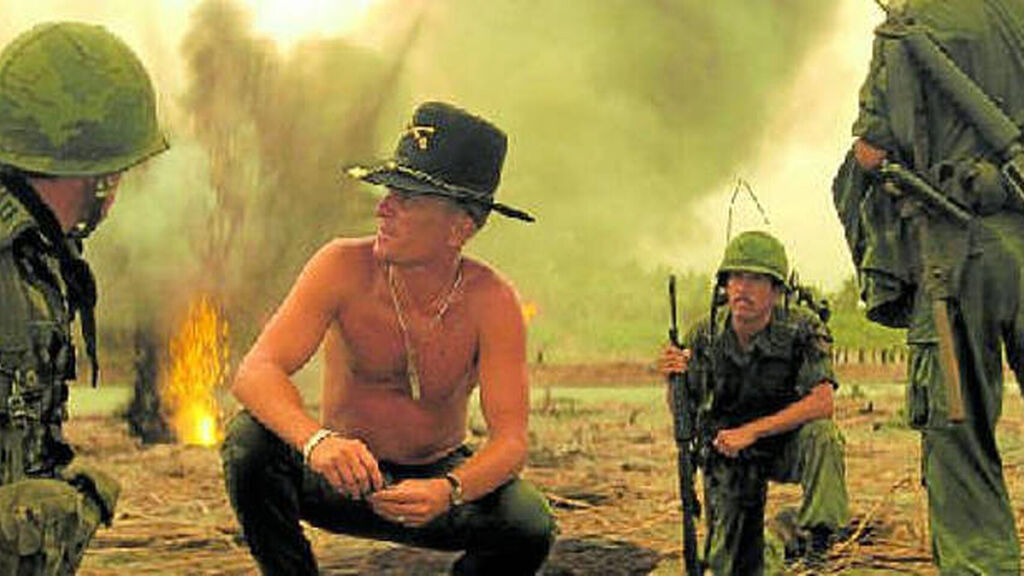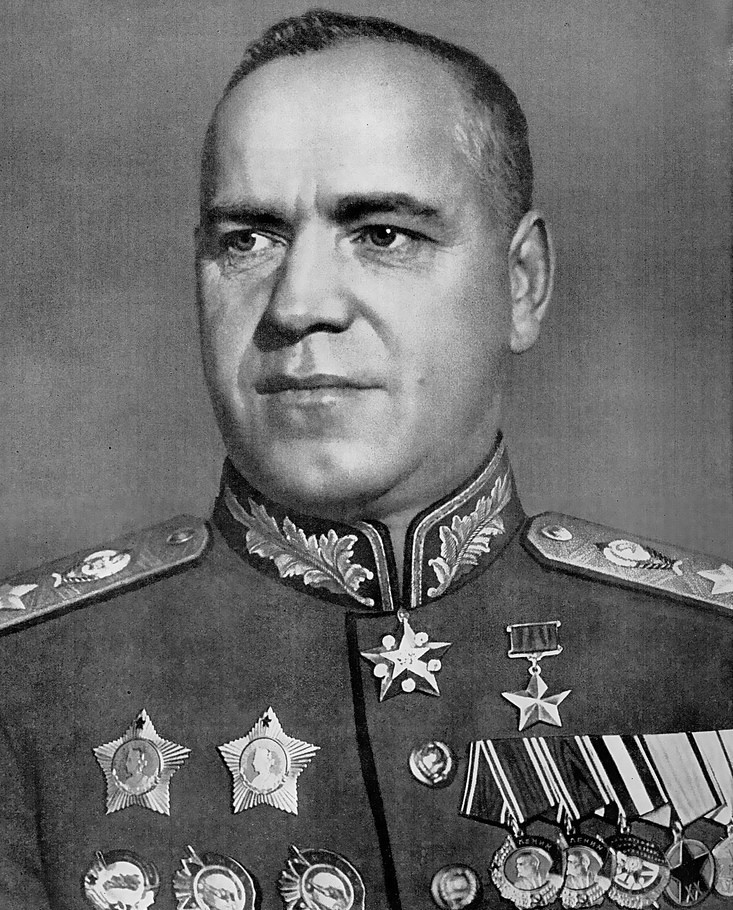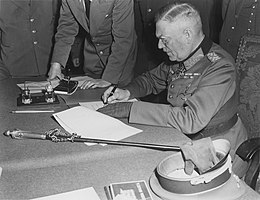A never ending war
Book review on 4 books about the Second World war.
As you could read in the Introduction to my “Armchair travel”-section, I am a non-fiction reader & writer. My personal Top 10 gives you an idea of the kind of books I prefer (includes a book review on every book). For a complete list, see Goodreads.
I started this year (2020) with several books about the greatest war the world ever saw. A war that took place many years ago, before I was born actually, but somehow never ended and so far is never forgotten.
Almost every day new books are published about the Second World war (1939-1945). Additionally, books that cover events that led up to the war, as well as events that took place afterwards.
All 4 books concern the European scenario, although some of the books shortly transferred me to other places as well. For instance, Mexico, North Africa & the Far East.
Book review Second World war, nr.1:
D’Este, Carlo, Patton – A genius of war, 1996 (originally 1995), Harper Perennial (NY). ISBN 978 0 06 092762 2
4 stars

General George S. Patton, war hero?
The main reason I wanted to read a book about Patton (1885-1945) was because of the movies. First of all there’s the famous film “Patton” (1970) with George C. Scott in the lead. Secondly, there’s Apocalypse Now (1979). A film I consider one of the best ever made.

In the movie Apocalypse Now there’s a famous scene, in which Lt. Col. Bill Kilgore (Robert Duvall), walks up a beach in Vietnam without taking any notice of the bullets that are flying around. As if he is invisible, or rather invincible. A role supposedly based on Patton’s character.

After reading Patton – A genius of war by the US military man Carlo D’Este, I know it all to be true. Patton preferred to be at the frontline of the war. And as a result, was fired on directly several times during the wars he fought in Mexico, North Africa & Western Europe. It seamed like he didn’t care at all!
To be honest, he did care! However, he strongly believed in God’s personal protection. And besides that, he was convinced that if he died a heroes’ death, he would soon return as a soldier in another future war. In other words, Patton believed in reincarnation. During his life, he told many people that in the past he had fought alongside Alexander the Great, among the Vikings and with Napoleon Bonaparte. He was convinced he did.
D’Este’s book is a good read. A complete biography, as I like it. Neutral to the subject, as well as honest. Not only favorable to the 4-star general. The man wasn’t that easy to work with. A controversial figure in many ways. Neither an easy guy for himself, nor for his family.
But then again, he was born for battle, excelled in the field, and always on the offensive. He hated cowards, although he did not always know how to identify one.

Less bickering, more battle
Although Patton generally was a popular guy with the common soldier, he constantly fought his direct colleagues. The men that, like him, wore 2, 3 & 4 stars. It’s really surprising how these big guys were almost constantly bickering with each other during the Second World war.
Patton not only distrusted the British field marshal Montgomery, but also his old-time friend Eisenhower. When you read the inside stories – and D’Este tells a lot of these stories, almost too much – it sometimes looks like these men first had to fight each other, before liberating us.
Besides the somewhat tiring bickering-parts, my only other critique is that the author could have given more attention to the battles. More specifically, the details of the battles. I lost myself a little bit on the war maps, so to say.
Besides that, a good biography about one of the great hero’s of the Second World war. For that, this book review leads to 4 stars, as many as Patton earned in life and during the war. For sure, one of the best books on George S. Patton.
Book review Second World war, nr. 2:
Roberts, Geoffrey, Stalin’s general – The life of Georgy Zhukov, 2013 (originally 2012), Icon Books (Londen). ISBN 978 184831 517 4
4 stars

General Georgy Zhukov, war hero?
After reading about general Patton, I went over to the Eastern front. A biography about Stalin’s most important general, Georgy Zhukov (1896-1974), written by the British historian Geoffrey Roberts.

Surprisingly, the two generals shared many similarities. Well, you may think that becoming a general asks for certain characteristics. That’s certainly true, but actually you’ll find more differences between the military top guys than similarities.
As Patton, Zhukov was born a soldier and preferred to be at the frontline and among his men. Popular guys, for that reason. Although, both generals hated soldiers that weren’t up to the task. Or worse, deserters. As his US counterpart, Zhukov always preferred to be on the offensive.
For Zhukov, as for Patton, is was common to bicker with colleagues about strategy. Both were patriotic and were prepared to sacrifice their lives for a higher goal. The big difference between the two of course was that Patton was an American patriot, while Zhukov was a convinced communist. Above all, an admirer of Joseph Stalin.
During the Second World war, Stalin moved Zhukov from one front to the other. It’s for that reason that for many fellow countrymen he was the protector of Moscow, Leningrad as well as Stalingrad. After holding the enemy up in sight of the mentioned cities and turning the war around, he led his troops through Eastern Europe to Berlin.
After the Russians captured Hitler’s last stronghold and the war had formally ended, the two generals Patton and Zhukov finally met. Without thinking too highly of each other, by the way.

Degradation
As Patton, Zhukov was a true war hero. But because of his popularity in the Soviet Union, Stalin after the war soon degraded him to a post in the Far East. After Stalin’s death, Zhukov got rehabilitated by Khrushchev, but only for a few years. Under Party-leader Brezhnev he finally got his place in history. That is his place in Soviet or Russian history.
Meanwhile in the West, there would always hang dark clouds around Zhukov. Mostly for the brutal way his troops liberated Eastern Europe and took revenge on the German civilians. Pilfering, murdering, raping thousands upon thousands of women. Besides that, he was much criticized for his ruthless stance on the Hungarian uprising in 1956, which the Russian knocked down brutally.
In summary, a good biography about Zhukov. That is to say, under the circumstances. Referring to the fact that, although the Soviet archives were opened partially, until today you’ll never know what you going to get out of them. What’s true? What’s false? What was written by whom? And for what purpose?
Because of those questions it can be hard for a writer/biographer, as well as his readers, to really get to know a man, his personality, his deeds/misdeeds, … The author acknowledges that fact beforehand. He thought he was going to write a book about a bad guy, but discovered little by little that he had to correct himself. Fortunately, that doesn’t mean he was blinded by the obvious negative sides of Zhukov’s character.
A fine read – a 4 star book review – but certainly not the last word on Zhukov, nor the Second World war.
The German perspective
After two biographies, I actually wanted to read something different, but continued reading about the Second World war.
Following a trend that set in a few decades ago, I chose two books that gave the Germans a voice. In other words, what was it for them to go through that devastating war?
Book review Second World war, nr.3:
Jarausch, Konrad H., Broken lives – How ordinary Germans experienced the Twentieth century, 2018, Princeton University Press (Princeton, New Jersey). ISBN 978 0 691 17458 7
3,5 stars

Broken lives is written by the German-American historian Konrad Jarausch. It tells the story of ordinary Germans and how they experienced the last century. The book starts after the First World war (1914-1918) and ends 100 years later.
Central in that period: the Second World war. A conflict started by the Germans, primarily because of the economic grip on their country after Versalles.
Aldolf Hitler & his gang took advantage of this situation. Blaming the Jews for the earlier defeat & the European powers for the harsh punishment. A large majority of the Germans fell for Hitler’s messages and mostly for the way he delivered them.
Resulting in a brutal war, in which millions of people died. Not only soldiers, but many more civilians. The people Hitler defined as Untermenschen. Besides the Jews, also the handicapped, the gypsies, the homosexuals, and political opponents.
It’s interesting to learn – mainly through diaries of ordinary Germans – how nazism grew on a nation that had lost its course and pride. Also, to read about how most of them eventually learned how they were mislead. Hitler initially was worshipped by so many. However, when the war turned around and the enemies got on their way to Berlin, it all changed.
I liked the book. Above all because of the German perspective on the war. In the end however, I would have preferred that the third and last part of the book – which describes the period after the war – would have treated the main guilt-question that many Germans must have carried with them after the war. And still do.

The author refers to that question, but without answering it. Hiding behind the fact that after the war many Germans were busy rebuilding their lives. While the younger generations simply blamed the older ones for their mistakes.

A missed opportunity?
There’s certainly a logic in the attitude of many Germans, but it leaves a deep wound. A question I honestly asked myself often: how is it to be German? They always show themselves so proud of many things. However, they also knew what they had done in Europe between 1933 and 1945. How to come to grips with such stains on your country’s history?
The author left me with the impression that so many Germans knew of the excesses, but “only a minority admitted guilt” (p.377). Why not look for answers then?
Instead he concentrates on the way most people tried to rebuild their lives after the war. Stories that mostly reminded me of my parent’s stories about the rebuilding of my own country, the Netherlands. A country, were until today we are still analyzing what actually happened during the war. Including the guilt-question for those who collaborated with the Nazi’s.
In the heart & soul of many Germans, it can’t be that different. A missed opportunity? I would say so. Don’t we all have stains on our national record?
Another minor critique concerns the introduction, which was too academic for my taste. I almost put the book away. I am glad I didn’t though, because at the end I found the first two parts interesting enough to give the book a positive review and 3,5 stars.
Book review Second World war, nr.4:
Kempowski, Walter, Swan Song – A collective diary of the last days of the Third Reich, 2015 (oorspr. 2014), W.W.Norton & company (NY/ London). ISBN 978 0 393 24815 9
4 stars

The first time I read about Kempowski’s book-project Das Echolot was more than 30 years ago. A Dutch newspaper wrote a long article about his idea to gather diary notes from German citizens about how they had experienced the Second World war.
For Kempowski (1929-2007) the project was “partly to explore German guilt” (Introduction, p.xiii).
A life’s work that finally ended in 10 volumes full of diary notes – published between 1993 and 2005 – describing the war from start to finish. Swan Song is the last volume, concerning the end of the war. The only volume translated in English so far.
While Kempowski was working on this human archive, he soon had to change some starting points.
First of all, because of the amount of material he considered it impossible to describe every day of the war. Therefore, he decided to concentrate on certain dates. In the case of the last stage of the war he picked 4 dates.
Swan Song starts on April 20 1945, Hitler’s last birthday. After that, it jumps to April 25, the day the Russians & the Americans met at the Elbe. Thereafter it gathers notes written on April 30, the day Hitler committed suicide. And at last, describes May 8, the day the Germans officially surrendered.
Diary entries, without comment
Every day is described through diary entries, hundreds of them. Not only from ordinary citizens, but from the authorities as well. Not only written by Germans, but by foreigners as well. That was the second starting point Kempowski changed soon after beginning his unique project.
We get diary notes from common people, like soldiers, soldier’s wives, prisoners, students, journalists, doctors and nurses. But also from people like Hitler, Goebbels, and their assistants. As well as notes written down by Mussolini, Churchill, Stalin, Eisenhower, Montgomery, Zhukov, … to name a few.

All in all, an impressive work. Mainly because you get an idea of the war from the ground level up. Most diary entries are written on the day itself, only seldom after the war.
Overall, it gives you an inside feel of the war’s brutality. Not only concerning the victims of nazism – first of all, the Jewish people – but also the Germans themselves. Not so much their leaders, of which a majority committed suicide in the end. But more so the ordinary people, that, for their believe in Hitler’s false messages, had to suffer a brutal revenge.

Their is only one minor critique I have about this remarkable book. Every diary entry starts with the person who wrote it – if known – as well as the place where it was written. At the end of the book you’ll find an index of all the known persons, with a very short biography. About the place names though there’s no further explanation, not even in which country it’s in. That, for me, resulted a little disorienting sometimes.
In conclusion, a worthwhile read of a more than worthwhile historical book project. A 4 star book review on the Second World war.
